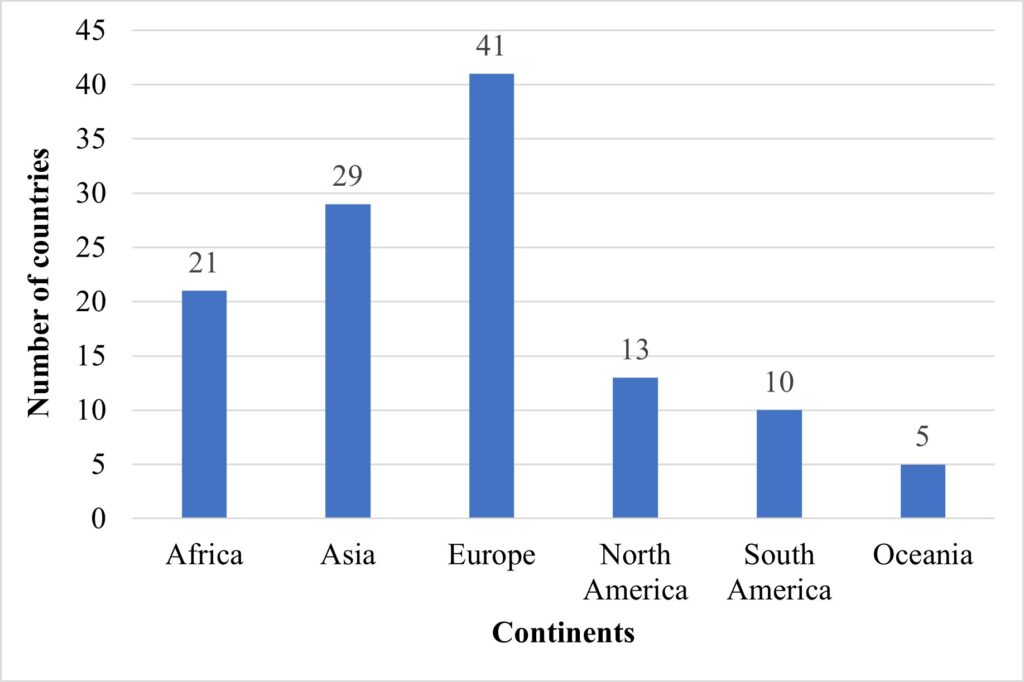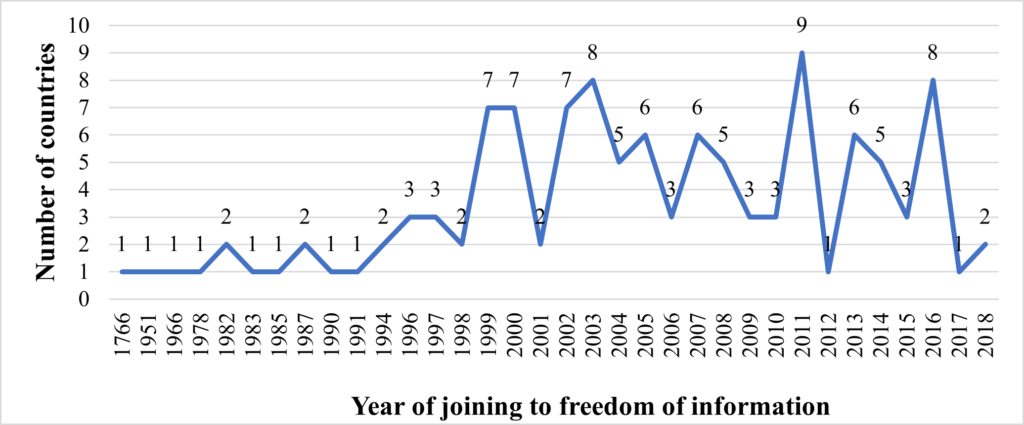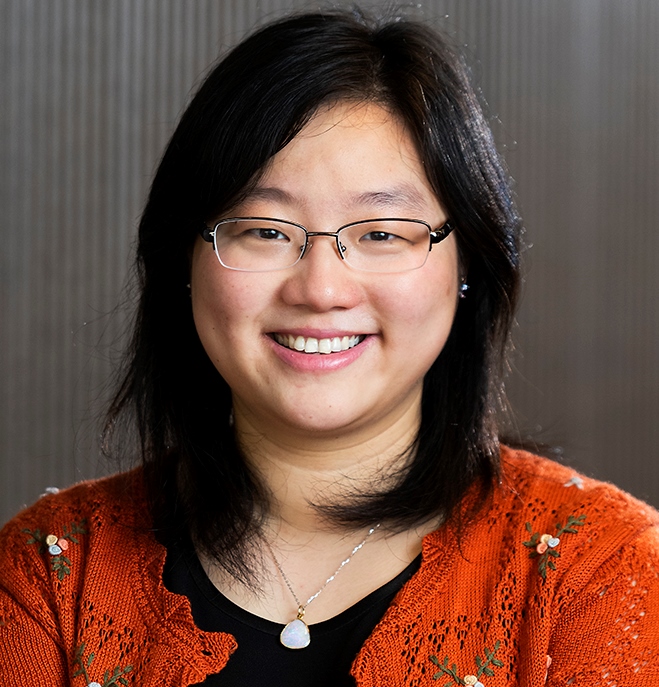Political Advocacy and Social Justice through Information for Marginalised Communities
Political Advocacy and Social Justice through Information for Marginalised Communities
Md Shofiqul Islam
School of Information and Communication Studies, Charles Sturt University, Australia
Jia Tina Du
School of Information and Communication Studies, Charles Sturt University, Australia
We are currently living in an information-driven world; despite this, many people are still devoid of access to information. A study on access to information urged that right of access to information is needed for promoting knowledge development and is a fundamental condition for active engagement in key political, cultural and economic activities. Through impartial access to information, society can empower individuals to navigate the complexities of the information age better, enhancing their capacity to participate in and benefit from political discourse, social activities, and economic opportunities. In this contemporary society, marginalised communities often lag behind in accessing and sharing information equally. At times, they are barred from accessing essential information, which hinder their full participation in the community engagement activities in terms of political, cultural, social and economic progress. In the subsequent paragraphs, we will explore how marginalised communities can effectively connect in the political advocacy and social justice through improved access to information.
—Access to information lays the foundation for social justice—
Political advocacy involves promoting the establishment or alteration of a policy or issue at the different levels such as local, state, or national. To be a part of this process, access to accurate and reliable information may play as a role of foundation stone. The Carter Centre published a report titled Access to Information: A Key to Democracy, emphasising that democracy relies on an informed citizenry. Such access to diverse information empowers individuals to engage meaningfully in public events, influence decisions on public expenditure, ensure access to justice, and hold government officials accountable. Therefore, information empowers individuals to understand their fundamental rights, participate in civic processes, and advocate for systemic change that address their unique challenges. For marginalised communities, information acts as a gateway to learn and acquire knowledge about legal rights, government policies, and available resources. Understanding of these aspects enables individuals to hold institutions answerable and advocate for fair treatment. For instance, knowing about anti-discrimination laws or social programs can help marginalised people demand their rightful access to services and opportunities that are available. Access to data, information, and published news allows marginalised people to craft evidence-based arguments, amplifying their voices in public discourse. Social media platforms and open access resources have become vital tools in this process, enabling grassroots movements to organise, raise awareness, and build solidarity on marginalised people at the community level. Marginalised communities advocacy network, a community-based platform created for marginalised groups, will be a trustworthy space for making the consensus of community participation in political advocacy initiatives.
Globally both developed and developing countries are actively participating in a consortium that support the international advocacy for information freedom. The global network of freedom of information advocates reported that 119 countries worldwide have enacted access to information laws (Figures 1 and 2). This initiative originated in Sweden in 1766 and was most recently adopted Cyprus and Luxembourg in 2018. Access to information laws empower individuals and organisations to comprehend the policies guiding government decisions on health, education, housing and infrastructure, as well as the evidence supporting these decisions. There is a growing recognition among governments and civil society that access to information is crucial for combating corruption and strengthening the public’s ability to exercise their rights. Hence, access to information serves as a fundamental pillar of political governance where marginalised communities can be a part of political advocacy through appropriate access of information.


Source: www.freedominfo.org/?p=18223
Social justice serves as the core of a society that upholds the rights and dignity of every individual. It represents a collective responsibility, encouraging inclusive participation to guarantee reasonable chances for all and prevent anyone from being marginalised. It is a multidimensional concept that emphasises the right of the vulnerable, elderly, destitute, impoverished, women, children and other underprivileged groups. It represents a societal value aimed at fostering stability and ensuring national cohesion. This concept of marginality is often employed to examine cultural, political and socio-economic domains, highlighting the struggles of disadvantaged and poverty-stricken individuals in their efforts to access resources and fully engage social life. Marginalised communities often experience exclusion, neglect, or discrimination in economic, legal, political, or social contexts, rendering them particularly susceptible to disruptions in their livelihoods. However, their contribution to society could be significant if they can engage themselves for assisting, retrieving, sharing and preserving valuable information. Access to information lays the foundation for social justice by exposing inequalities and enabling marginalised people to demand for systemic reform at the community.
By accessing accurate, relevant, and timely information, marginalised communities can effectively advocate their rights on politics, and pave the way to promote social justice for them. To assure inclusive participation in an information-oriented society, it is essential for governments, organisations, and individuals must be backed by equitable access to information, ensuring that no voices are excluded, and everyone has the opportunity to contribute for society regardless their social class. This approach advances a society where political advocacy and social justice are assessable to all, cultivating a shared sense of empowerment and inclusion.
Cite this article in APA as: Islam, M.S., & Du, J.T. Political advocacy and social justice through information for marginalised communities. (2025, February 5). Information Matters, Vol. 5, Issue 2. https://informationmatters.org/2025/01/political-advocacy-and-social-justice-through-information-for-marginalised-communities/
Authors
-

Md Shofiqul Islam is an international HDR student from Bangladesh. He is doing PhD at the School of Information and Communication Studies, Charles Sturt University and Prof. Tina Du is his principal supervisor. Previously served as a faculty in Bangladesh where he taught and supervised both B.Sc. and Master's students. He has extensive experience in conducting both quantitative and qualitative research in hospital and community settings. His expertise includes participant screening, data collection, analysis, and interpretation of results. Additionally, he has participated in several research training programs and attended international conferences.
View all posts PhD Student -

Dr. Jia Tina Du is the Head of the School of Information and Communication Studies and a full Professor of Information Sciences at Charles Sturt University, New South Wales, Australia.
View all posts Professor





